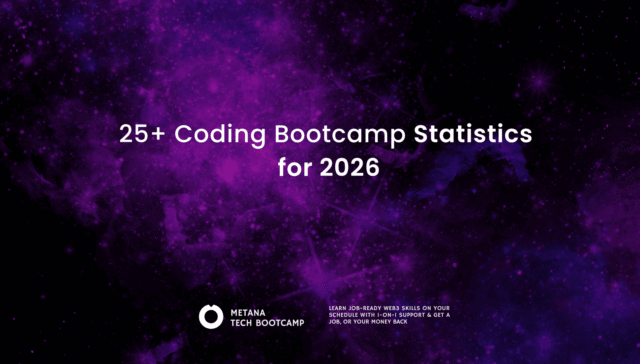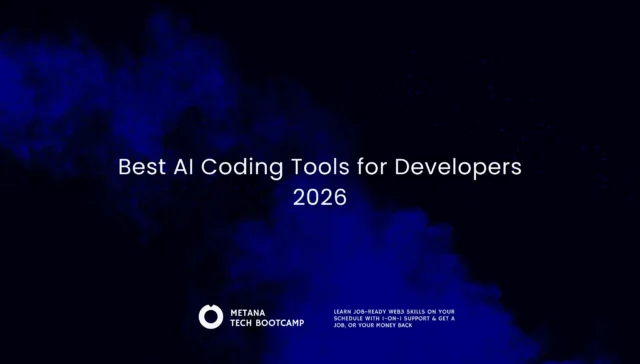TL;DR:
- Real estate blockchain eliminates paperwork and middlemen from property transactions
- Smart contracts automate processes, reducing closing time from months to days
- Fractional ownership through tokenization allows investments starting at just $50
- Creates permanent, tamper-proof property records that prevent fraud
- Companies like Propy and RealT are already implementing successful solutions
- Regulatory challenges exist but adoption is growing rapidly
- Expected benefits: faster deals, lower fees, wider market access, global property trading
Imagine buying a house in minutes, without piles of paperwork or waiting weeks for approval. This isn’t science fiction—it’s how blockchain technology is transforming property transactions today.
The real estate industry has always been burdened by lengthy processes and multiple intermediaries. Now, real estate blockchain solutions are creating a technological renaissance, making property deals faster, cheaper, and more accessible to everyone.
What Is Real Estate Blockchain? (Explained Simply)
Blockchain in the property sector works like a digital notebook that everyone can read but no one can erase. When someone records a transaction in this ledger, it’s permanent and visible to all participants.
No single person or company controls this technology—it exists across a network of computers worldwide. Everyone sees the same information, creating trust through visibility. Once property information is written to the blockchain, it can’t be changed. This makes fraud extremely difficult and creates a trustworthy environment for complex property deals.

How Blockchain Is Used in Property Transactions
Property tokenization is one of the most exciting applications of this technology. It converts properties into digital tokens, essentially dividing a building into thousands of digital shares. Through innovative platforms, you could own a piece of a luxury apartment building for as little as $100, instead of needing hundreds of thousands of dollars to invest.
Smart contracts are another game-changing feature. These are self-executing agreements with their terms written directly into code. When conditions are met—like a payment being received—these contracts automatically transfer ownership or release funds from escrow. This eliminates waiting for paperwork to be processed by multiple parties.
Blockchain also creates permanent property records that can’t be altered. This includes ownership history, transaction details, and title information. These digital records prevent disputes and fraud, problems that have always troubled traditional real estate transactions.
Benefits of Blockchain in Real Estate
The speed of blockchain-powered transactions is remarkable. While traditional property deals take 30-60 days to close, blockchain-based transactions can finish in days or even hours. Smart contracts automate processes that used to require manual handling, and verification happens instantly.
Cost savings are substantial too. By cutting out middlemen and automating processes, this technology reduces title insurance fees, escrow costs, attorney fees, and administrative expenses. These efficiencies make property transactions more affordable for everyone involved.
Blockchain opens property investment to many more people. Through fractional ownership, lower investment minimums, and access to international properties, everyday investors can now participate in markets previously reserved for the wealthy. A teacher in Michigan can own a small share of a commercial building in Singapore—something that wasn’t possible before.
Security is another major benefit of real estate blockchain. The technology provides tamper-proof transaction records, protection of sensitive data, and reliable verification of ownership. This creates greater confidence for buyers and sellers engaging in property transactions.
Real-World Examples of Blockchain in Property Markets
Propy has made headlines by facilitating the first-ever NFT house sale in the United States. Their platform handles the entire process from offer to final deed recording, all secured on the blockchain. They’ve completed transactions in several countries, showing how this technology works across borders.
RealT makes real estate blockchain investment accessible by allowing people to buy property tokens for as little as $50. Token holders earn rental income based on their share and can sell their tokens whenever they want. This brings unprecedented flexibility to property investment.
Ubitquity focuses on solving title problems by creating secure, blockchain-based property records. By partnering with municipalities and title companies, this solution addresses one of property transactions’ biggest headaches: ensuring clear ownership history.

Challenges in Blockchain Adoption for Property Transactions
Legal frameworks haven’t caught up with blockchain technology yet. Many jurisdictions don’t recognize digital signatures or smart contracts, and regulations around tokenized properties are still developing. Tax implications for blockchain investments also remain unclear in many regions. These gaps slow down adoption while regulators scramble to catch up.
The real estate industry itself presents adoption challenges for real estate blockchain. Many professionals need education about new technologies, existing systems need updating to integrate with blockchain networks, and industry-wide standards are still being created. The property sector is traditionally slow to change, and many stakeholders stick with familiar processes despite the efficiencies blockchain could provide.
Market volatility is another concern, especially when properties are linked to cryptocurrency ecosystems. Token values might rise and fall with crypto markets, affecting both liquidity and investor confidence. This volatility brings both opportunities and risks for early adopters of blockchain solutions.
The Future of Real Estate Blockchain
We’re just seeing the beginning of blockchain’s impact on real estate. Major firms are developing innovative strategies, governments are exploring blockchain-based property registries, and investment in related startups is growing rapidly. As more success stories emerge, mainstream adoption will accelerate.
This technology is also making property markets truly global. It enables international investments without currency complications, cross-border transactions without banking hurdles, and worldwide property rights verification. This global accessibility could transform markets everywhere, especially in developing regions.
Innovation continues at a rapid pace. New concepts include blockchain-based rental agreements, AI-powered property valuation tools, and novel investment vehicles combining real estate with decentralized finance. These innovations will reshape how we think about property ownership and management in the coming years.
Conclusion
Blockchain technology is making property transactions more accessible, efficient, and secure for everyone. While challenges exist, we’re clearly moving toward a more transparent and democratic real estate ecosystem powered by this innovative technology.
Whether you’re looking to buy a home, invest in property, or work in real estate, now is the time to learn about real estate blockchain applications in this space. Try exploring platforms like those mentioned above or join online communities discussing these emerging trends. You might even consider making a small tokenized property investment to experience the process firsthand. The future of real estate is being written on the blockchain—and those who understand it early will have the advantage.







